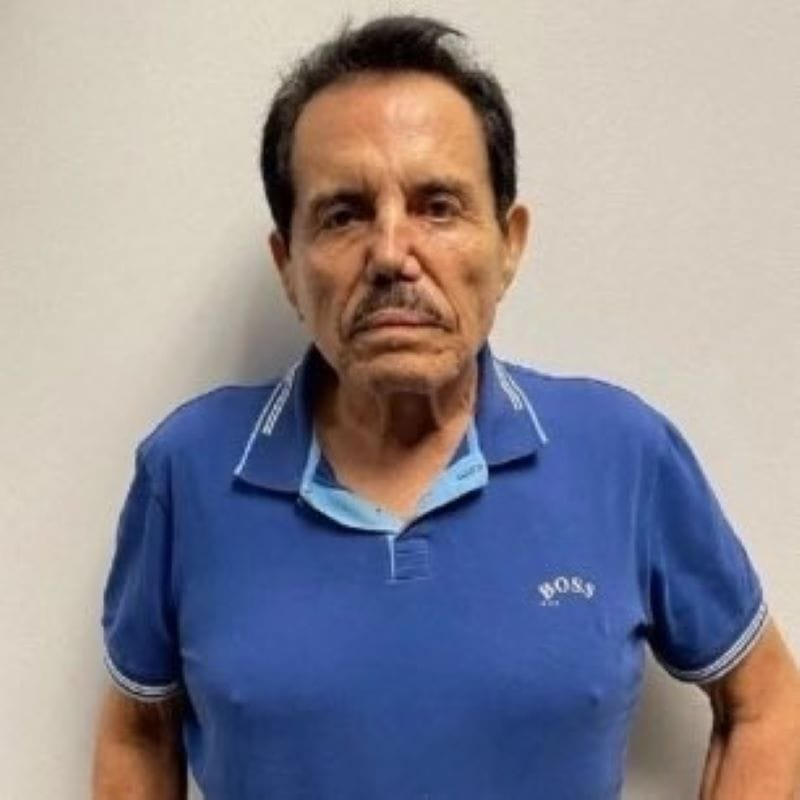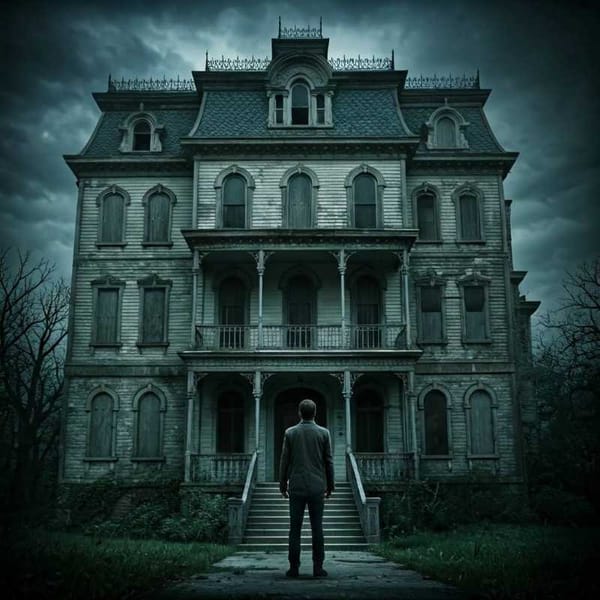El Mayo's Hearing Delayed Yet Again
The hearing for Ismael "El Mayo" Zambada, leader of the Sinaloa Cartel, has been postponed one more day. The U.S. Attorney for the Eastern District of New York, Breon Peace, requested the delay due to logistical reasons.

Oh, the grand American justice! It’s a spectacle that could give the Royal Shakespeare Company a run for its money. And the star of today’s production is none other than Ismael “El Mayo” Zambada, the elusive leader of the Sinaloa Cartel—Mexico’s preeminent drug-trafficking outfit. Zambada, who has managed to elude capture for decades, is finally caught in the crosshairs of the U.S. legal system. But don’t get too excited yet. In a scene that’s more Kafka than Coppola, the highly anticipated hearing scheduled for October 17, 2024, has been delayed. Again.
Now, why is it that these things always end up feeling like a Benny Hill sketch, with everyone running around in circles, only to end up exactly where they started? The reason given, predictably, is “logistics.” It seems that Breon Peace, the U.S. Attorney for the Eastern District of New York, couldn't manage to get all the right people in the room on time. So, in a letter penned with the gravitas of someone asking to push their dental appointment by a day, Peace has asked Judge Brian M. Cogan for a postponement.
The courtroom drama is now slated for October 18 at 11:00 a.m. I know, I can hardly contain my excitement either. After all, what’s one more day when you’re dealing with a man accused of running one of the most powerful drug cartels in history? A man, let’s not forget, who allegedly moved more narcotics than a pharmaceutical convention and is charged with everything from drug trafficking to money laundering and firearms offenses. Seventeen counts, in total. But hey, sure, let’s pencil him in for Friday at 11, shall we?
It’s not as if this is the first time the hearing’s been moved. Initially scheduled for October 31, the government pushed to advance it to October 17—some conflict with the U.S. Attorney’s office calendar, we’re told. But now, even that’s fallen apart like a badly timed soufflé. You’d think coordinating a hearing for a figure of Zambada’s magnitude would warrant, at the very least, a bit more foresight. After all, we’re not talking about a minor infraction here. This isn’t a traffic violation or a late return at the library; this is a man accused of flooding the streets of America with enough drugs to open a chain of pharmacies.
But such is the American legal system. You see, it’s not really about swift justice, or indeed, justice at all, sometimes. It’s about the process—the slow, methodical grind of bureaucracy that manages to take what should be straightforward and complicates it beyond all reason. Zambada’s latest indictment, which dates back to February 2024, accuses him of conspiring to manufacture and distribute fentanyl. You know, the synthetic opioid responsible for a nationwide crisis in the U.S. But of course, he has pleaded not guilty to all charges, as one does. And so, the dance continues.
Let’s take a moment to consider the setting for this unfolding saga. Zambada is currently residing at the Metropolitan Correctional Center in Brooklyn, New York. Yes, the very same prison that once housed the likes of Genaro García Luna, Mexico’s former Secretary of Security. It’s as if Brooklyn has become the new clubhouse for the “Who’s Who” of Mexican narco-royalty. But instead of sipping cocktails and discussing which regions to flood with cocaine next, they’re likely pondering the more mundane realities of life behind bars. I imagine the conversation has shifted from cartel territory to what’s for dinner on Tuesday night.
What we’ve got here is a man who, for the better part of three decades, was like the Scarlet Pimpernel of drug trafficking. While his contemporaries fell, El Mayo remained out of reach, always just a few steps ahead of the law. But now, he’s facing five separate indictments in the U.S. for crimes that date back to the late '80s. Yes, you read that correctly—crimes allegedly committed during the Reagan administration are now only just seeing their day in court. It’s a timeline that makes the Lord of the Rings trilogy seem like a short story.
And so, we wait. Yet again. October 18 is now the new date for the “status conference,” a wonderfully ambiguous term that suggests little more than a glorified check-in. I wouldn’t be surprised if we’re treated to another round of delays, postponements, and requests for rescheduling. Maybe this time, it’ll be because someone forgot to book a conference room or the printer ran out of paper.
Of course, the defense is perfectly happy with the postponement. After all, the longer this drags on, the better it is for them. Each delay is another day that Zambada gets to enjoy the finer aspects of pre-trial life in a maximum-security prison. And by “finer,” I mean not very fine at all.
But we shouldn’t forget that beneath the surface of this legal merry-go-round lies something far more sinister. El Mayo Zambada is not just another criminal; he’s the orchestrator of a drug empire that has ravaged lives and communities on both sides of the U.S.-Mexico border. His reach is global, his influence enormous, and his capture—while a significant victory—feels a bit like trying to stop a flood by plugging a single leak.
As much as we’d like to think that this trial will bring some sense of closure or justice, the reality is far murkier. The Sinaloa Cartel will continue its operations, even as its leaders are paraded through the courts. New kingpins will rise to take the place of the old, and the cycle of violence, corruption, and drug trafficking will continue unabated.
In the meantime, we’ll continue to watch, as spectators in this great farce that is the U.S. judicial system. October 18 may or may not bring any significant revelations. But one thing is certain: the wheels of justice, in this case, will keep turning ever so slowly, grinding down any hope for a quick resolution.
So, for now, I’ll put my feet up, pour a drink, and wait for the next delay. Because if there’s one thing you can count on when it comes to high-profile criminal cases in America, it’s that they never go quite according to plan. Cheers to that.




